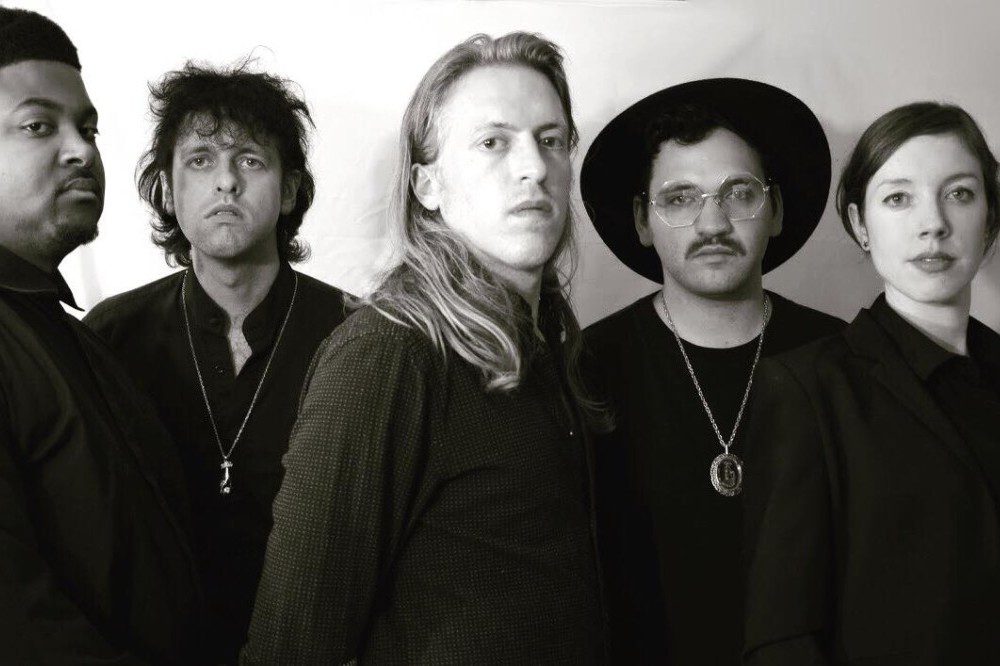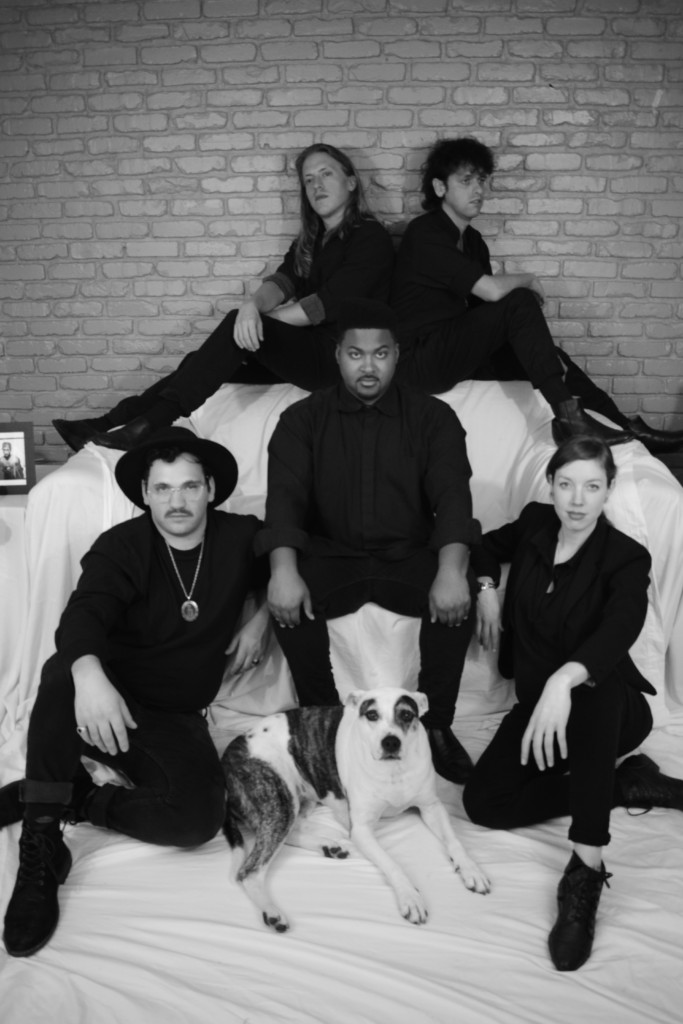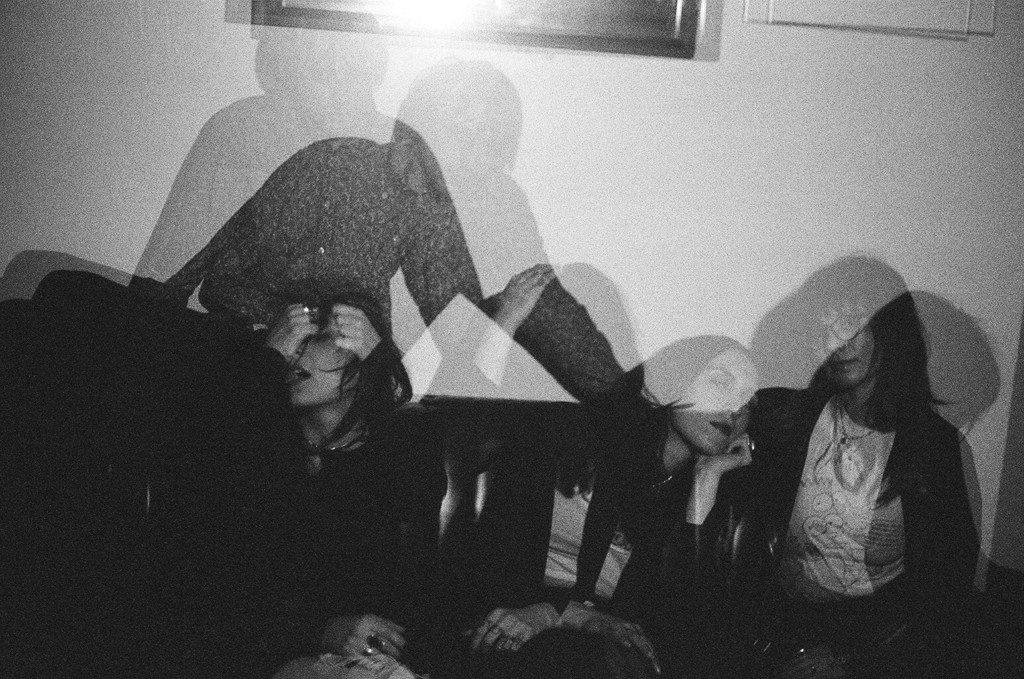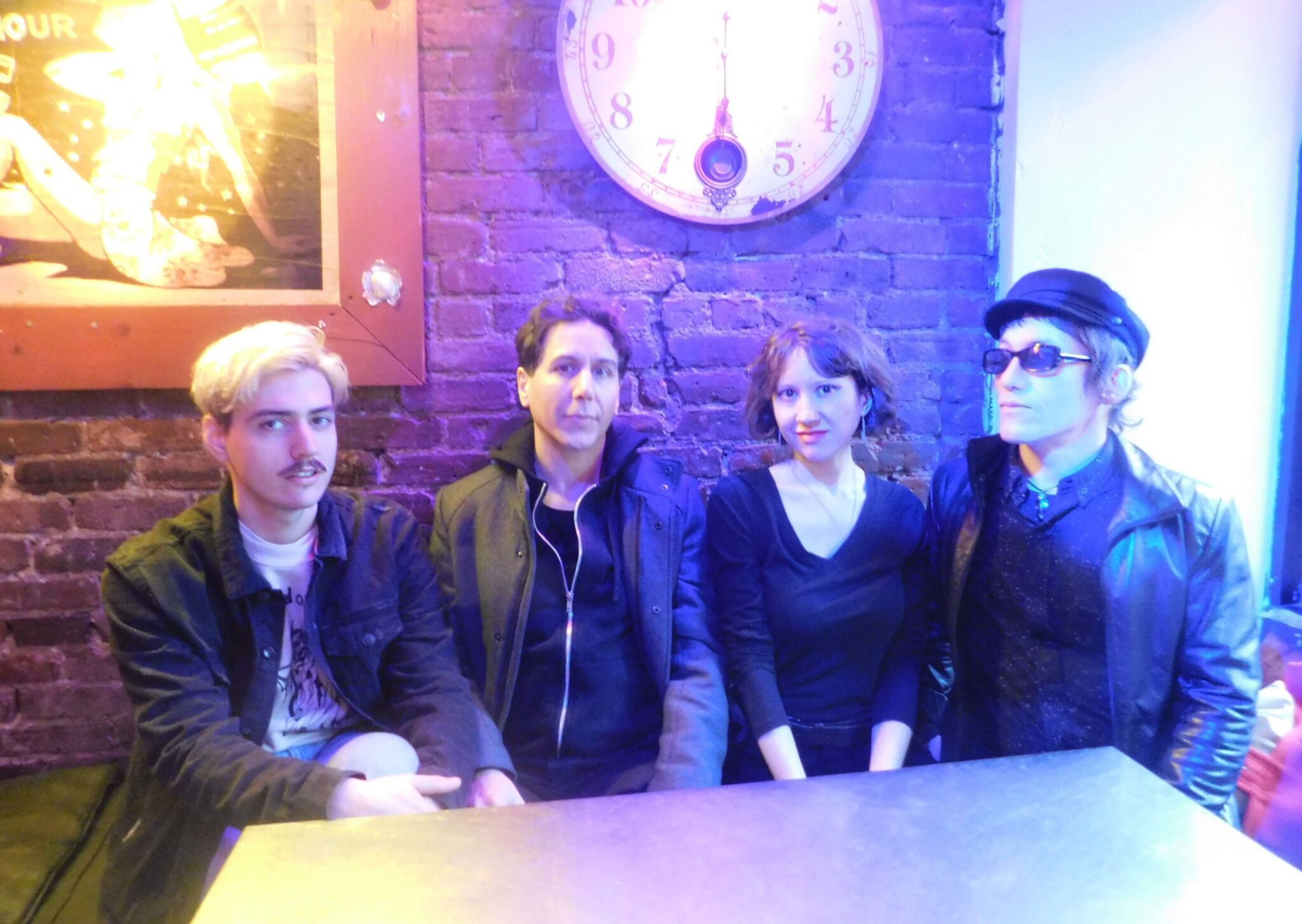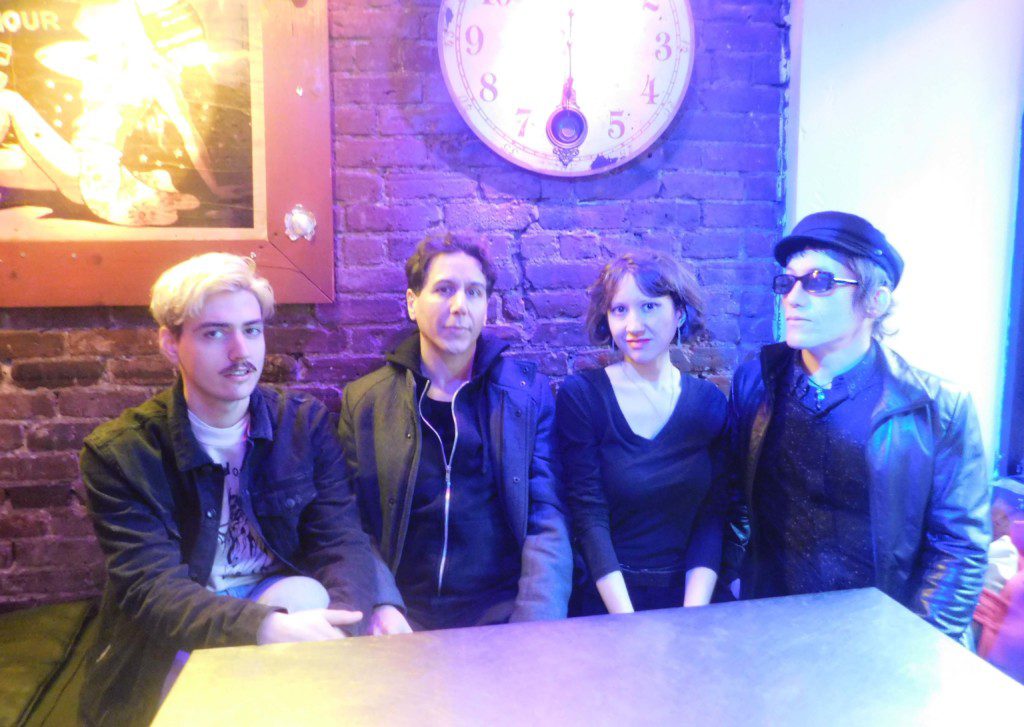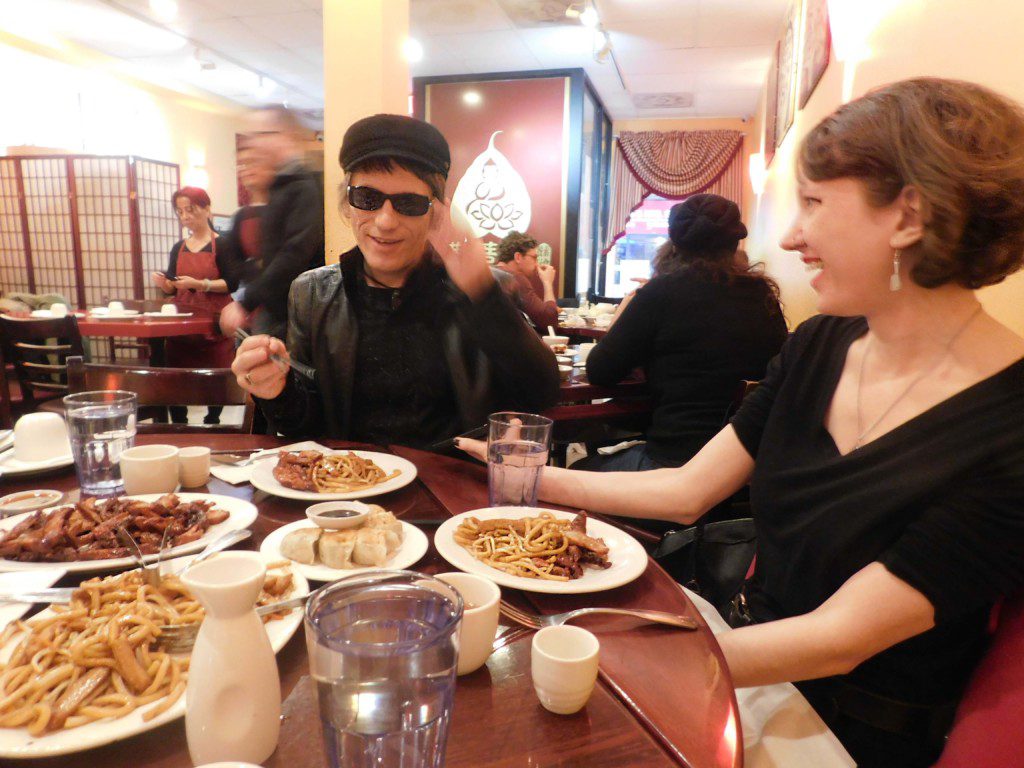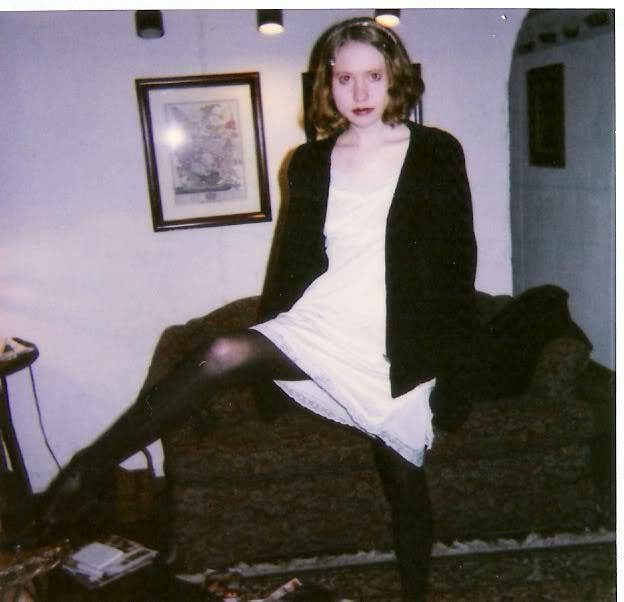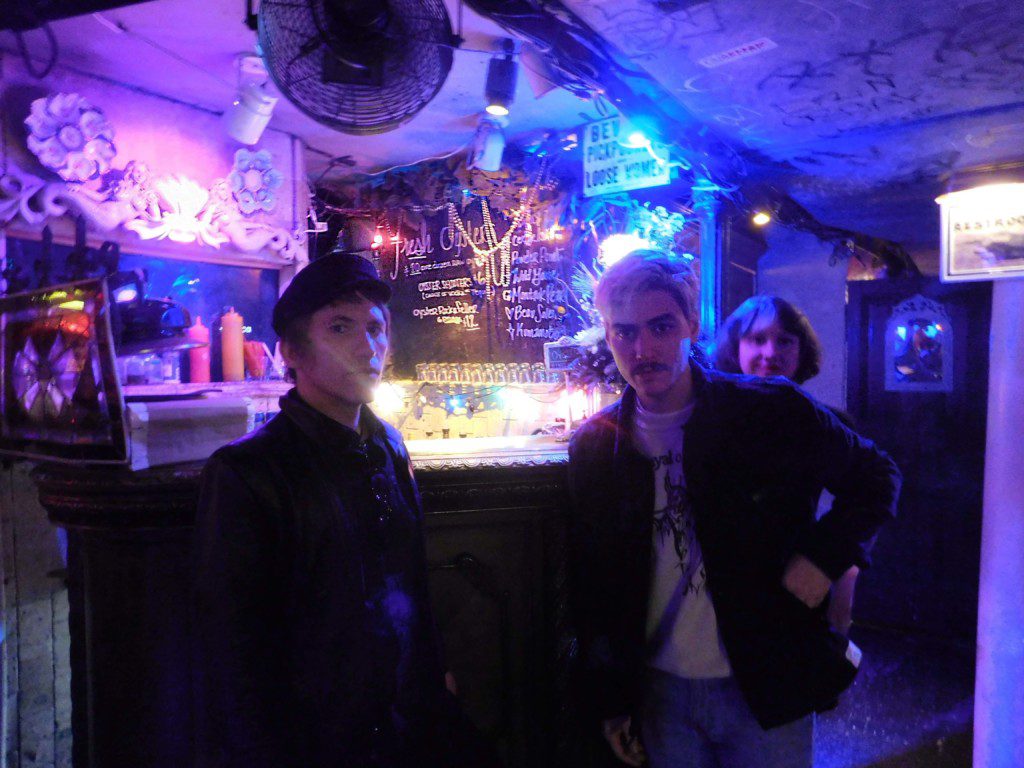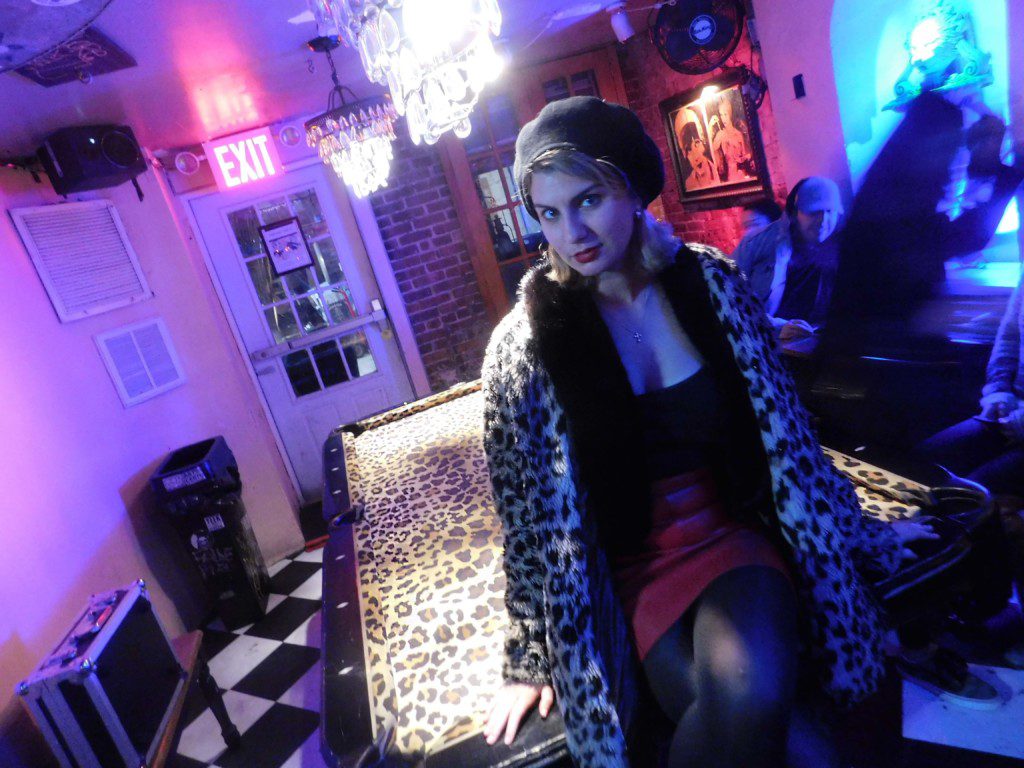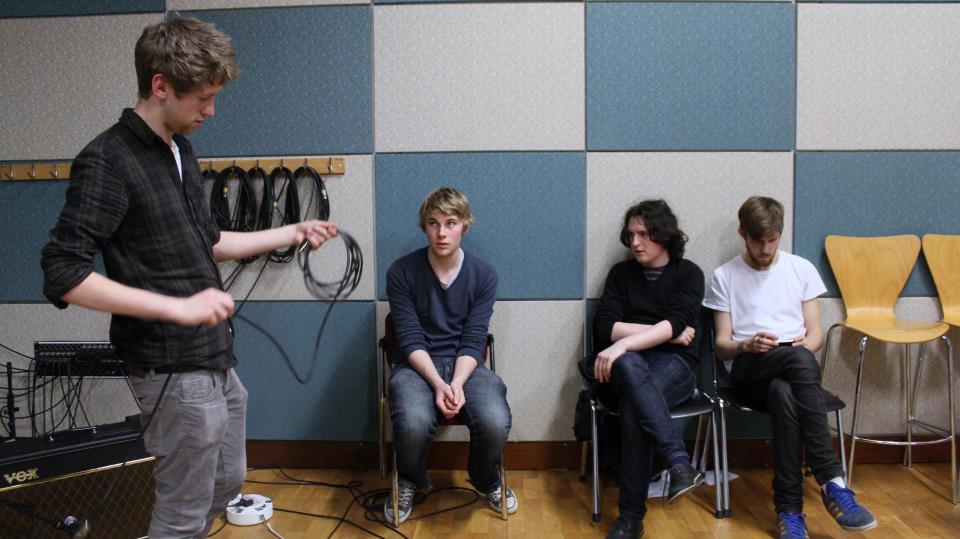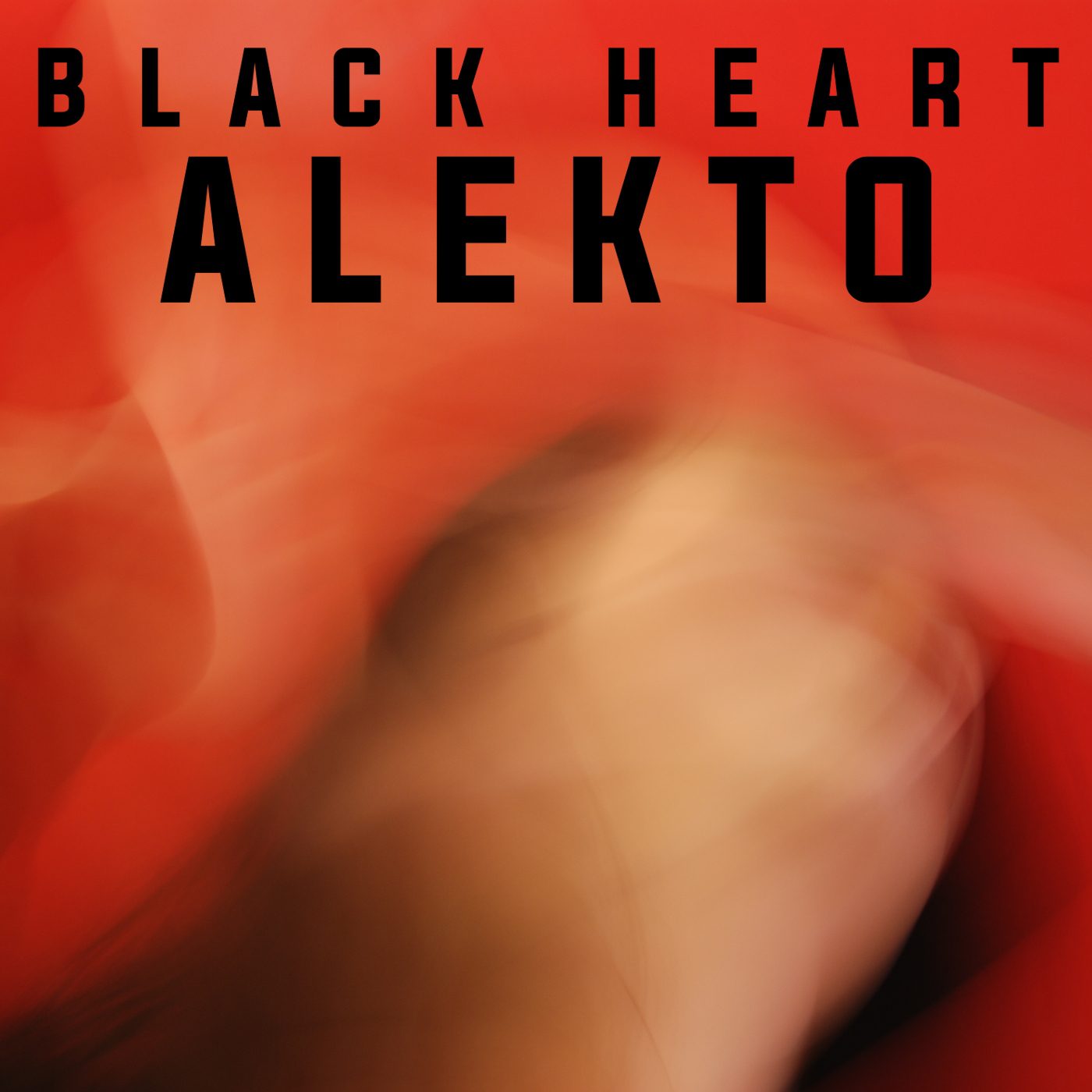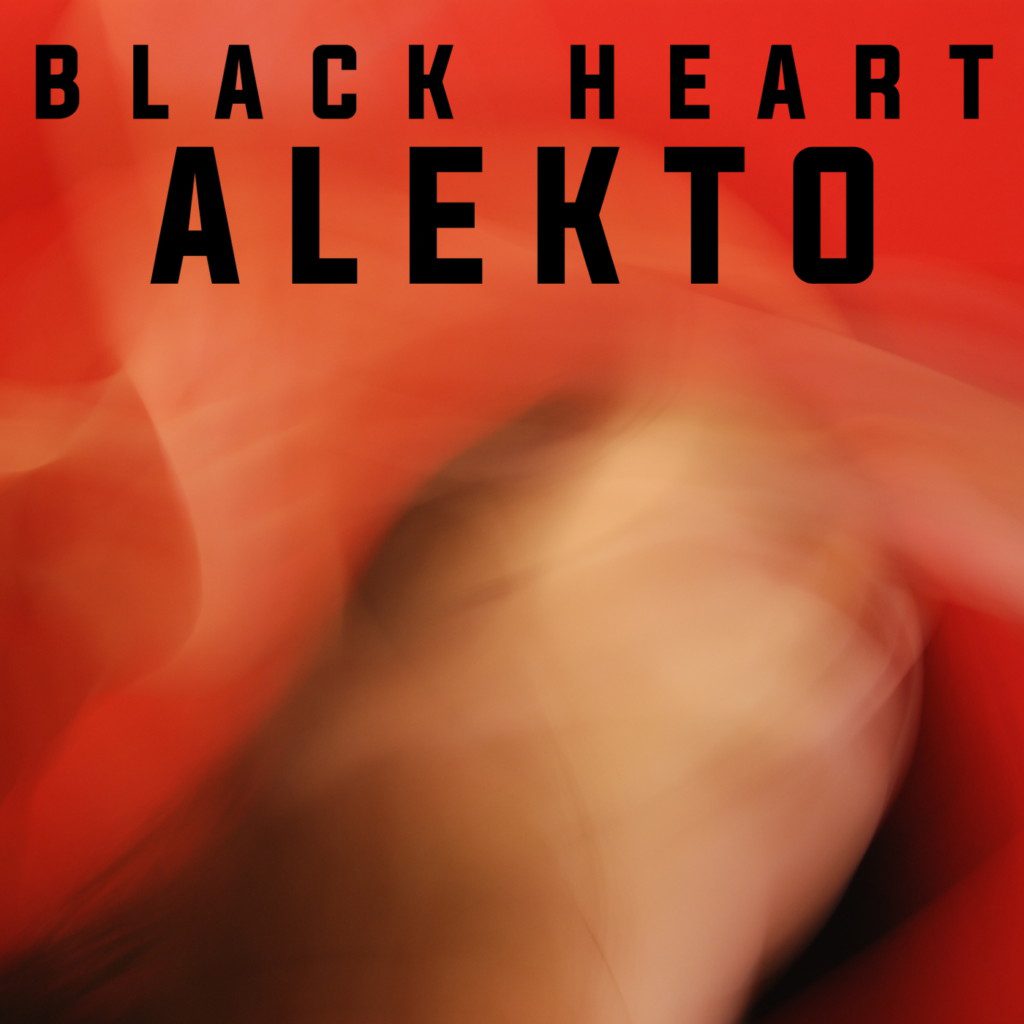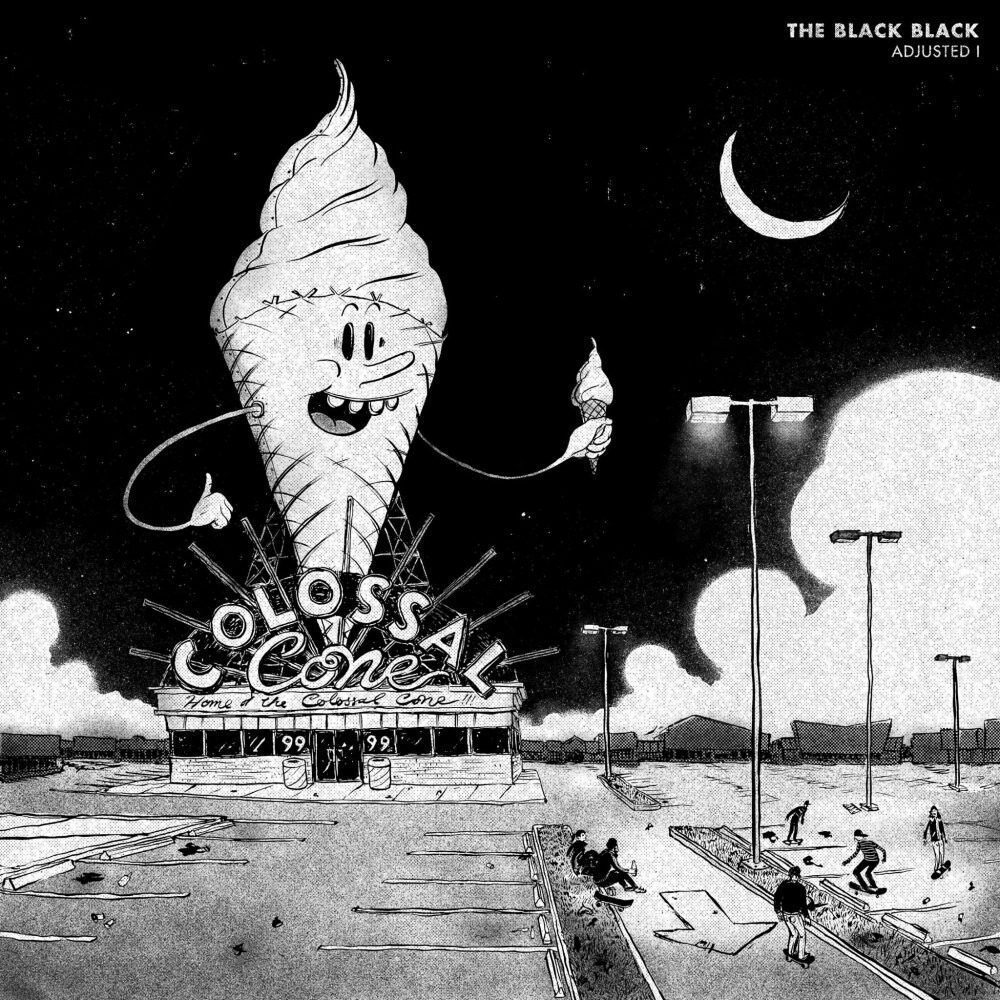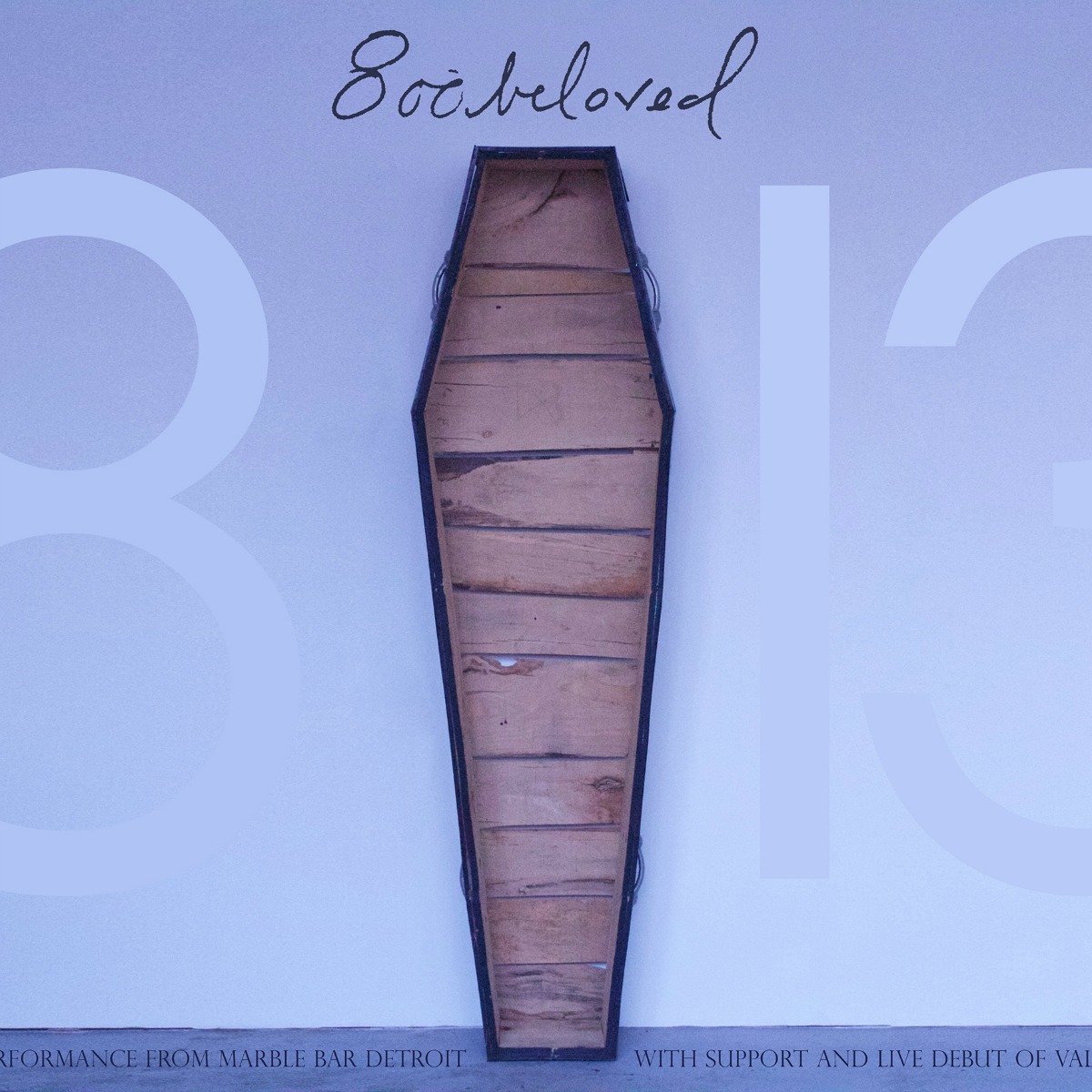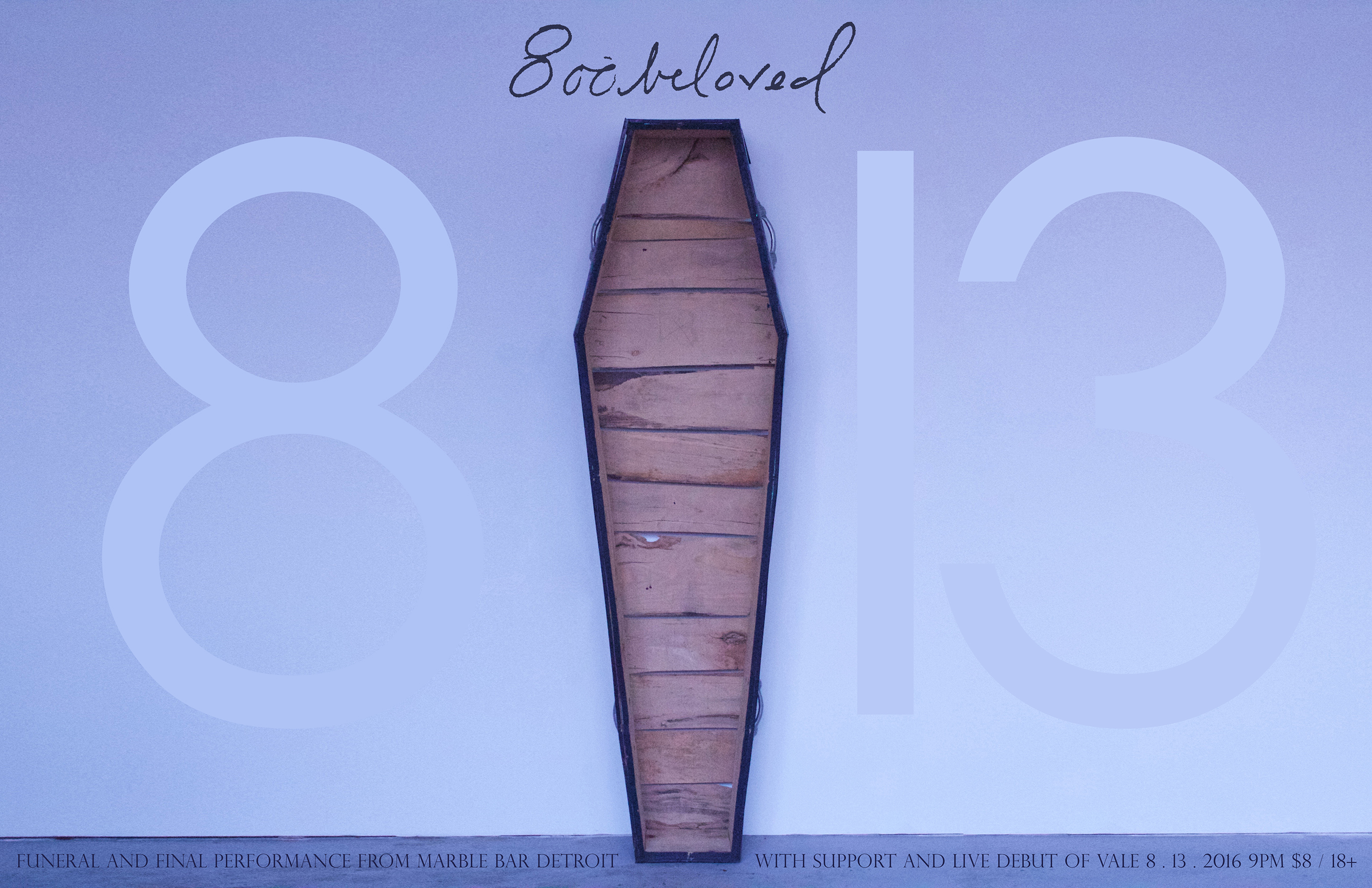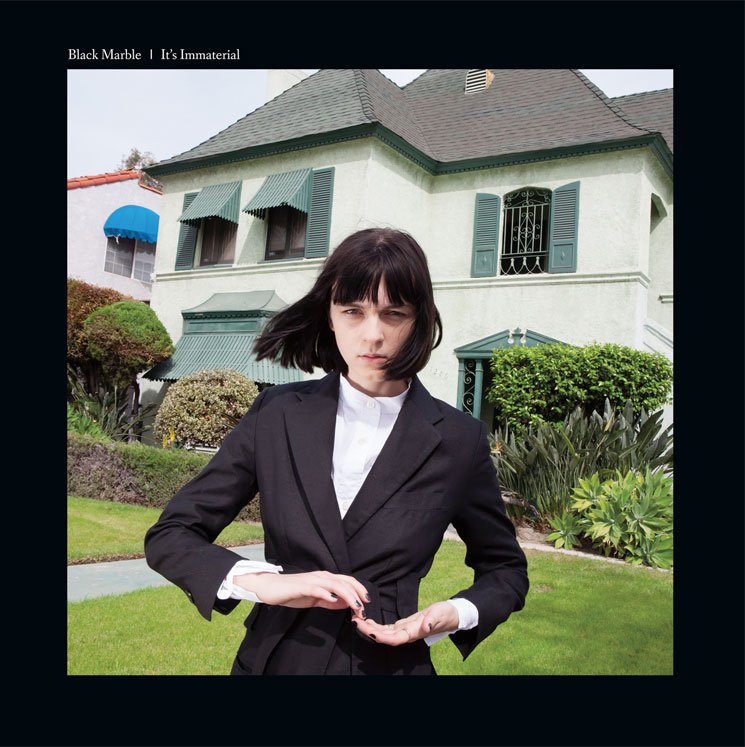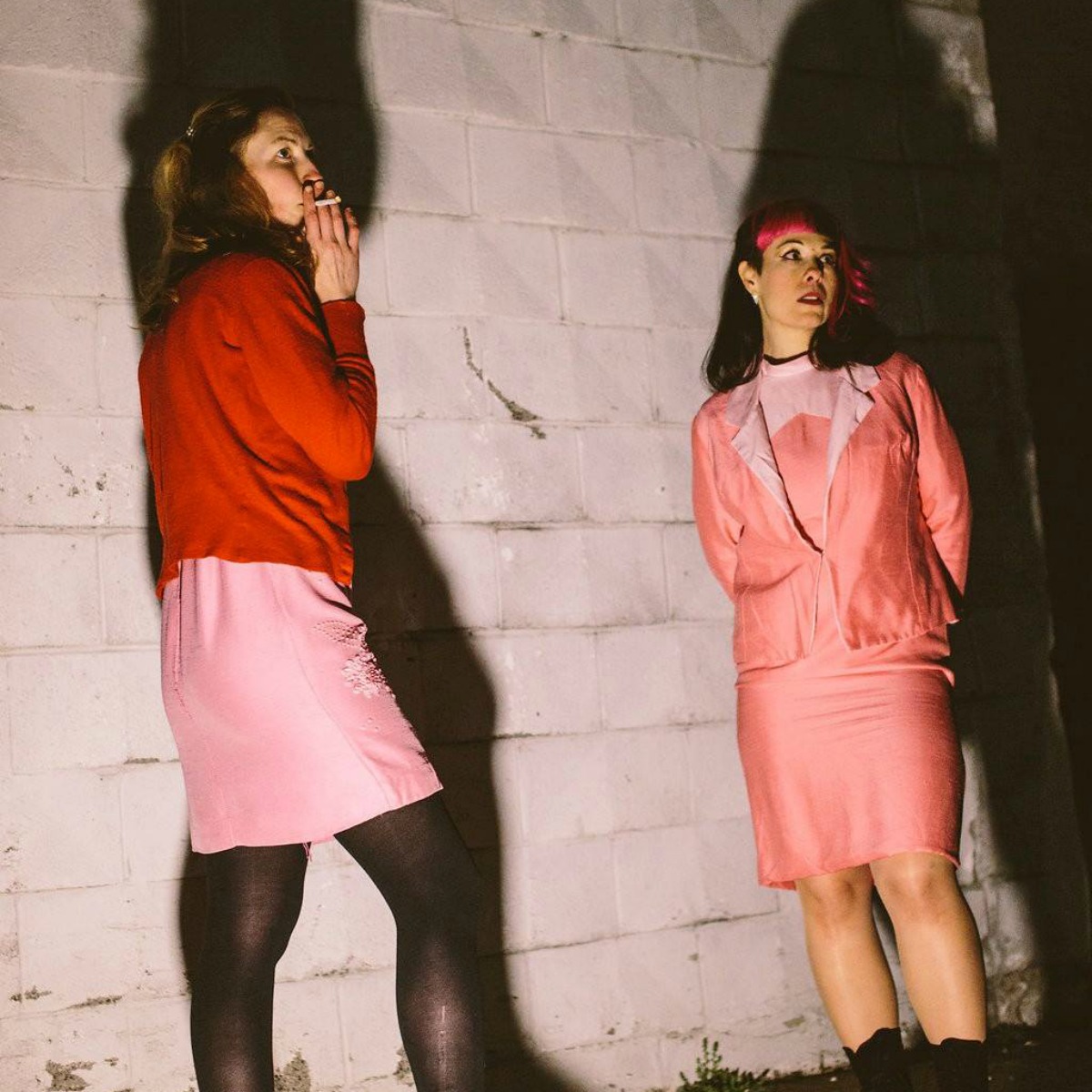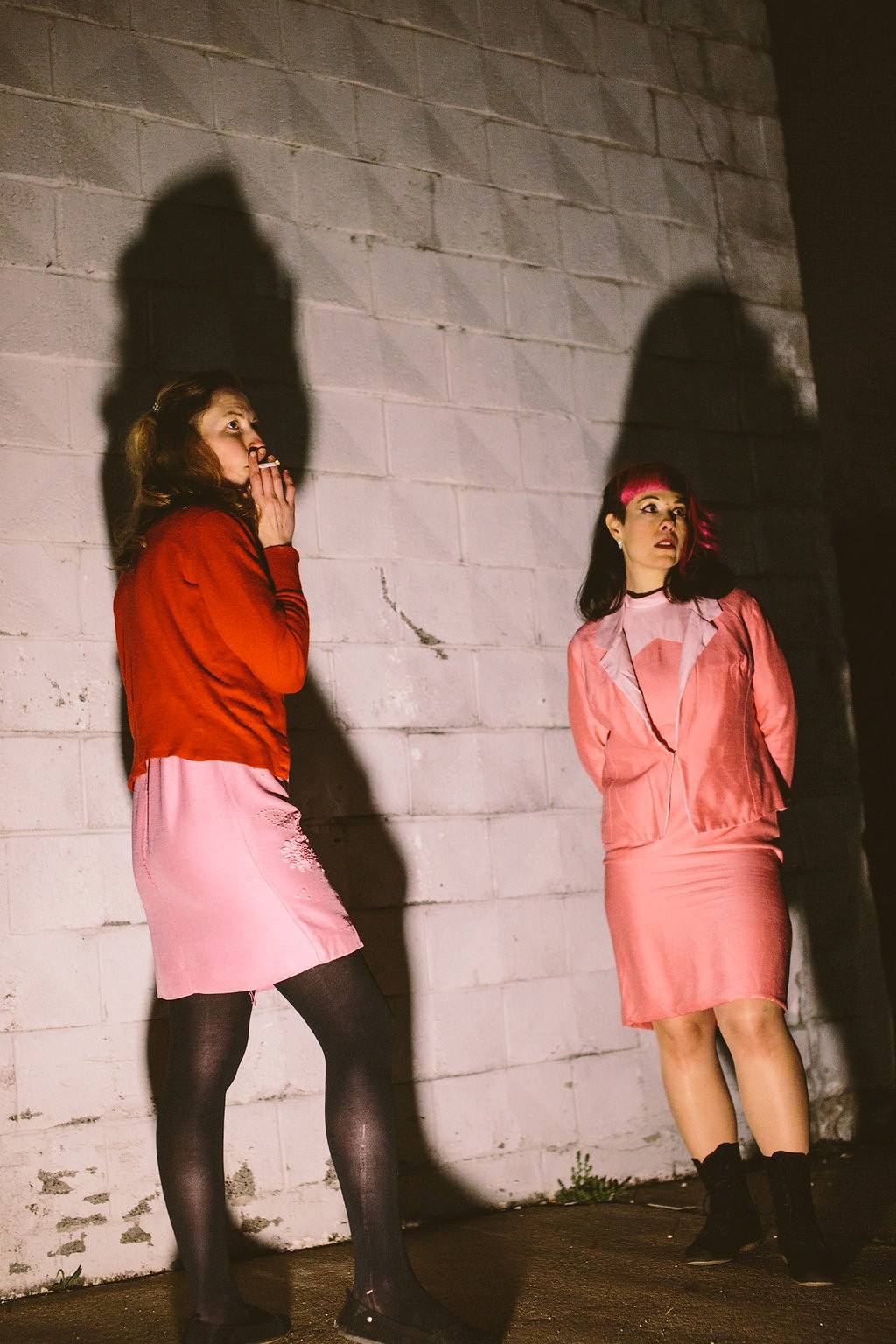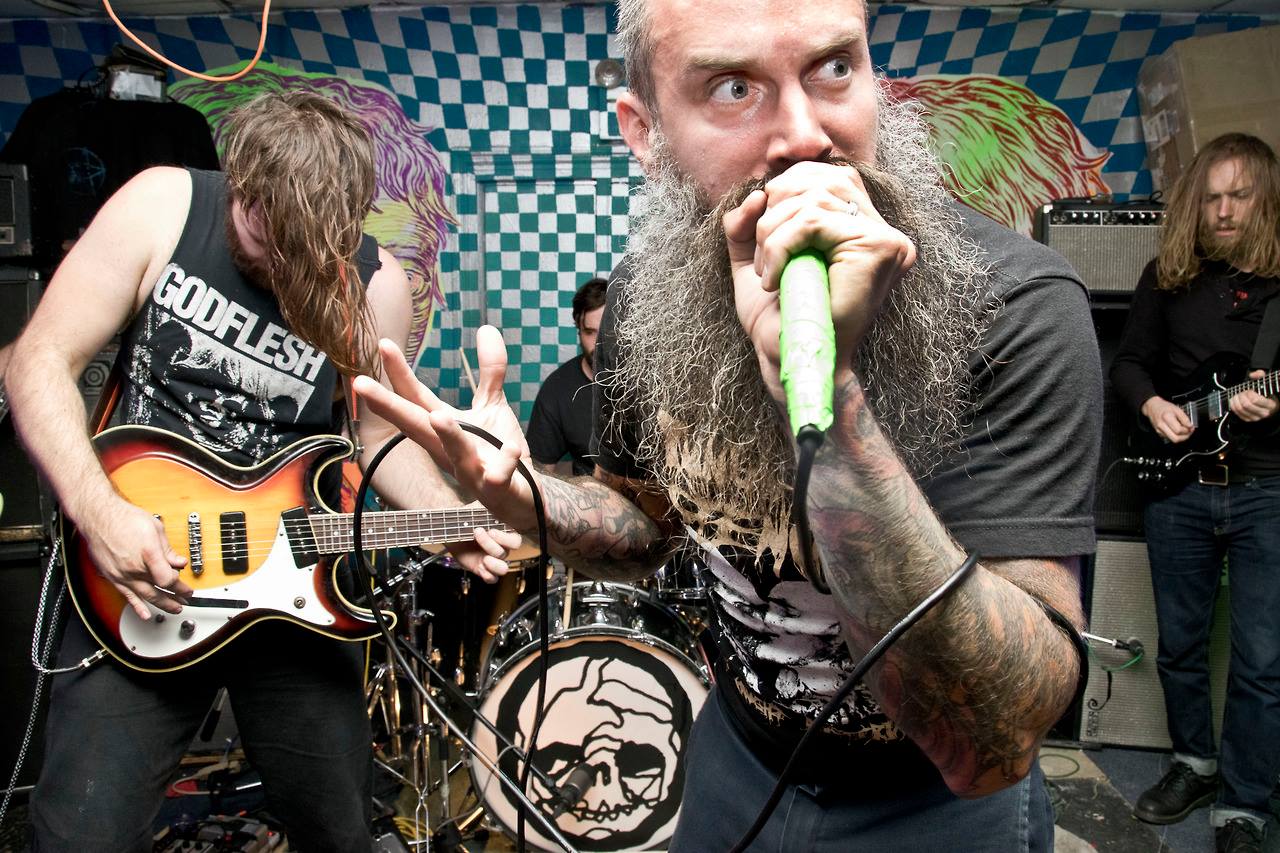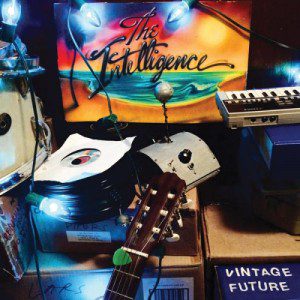Melbourne Punks Plaster of Paris Distill Queer D.I.Y. Ethos on Debut LP Lost Familiar


Melbourne three-piece post-punk purveyors Plaster of Paris are bristling, vulnerable and truthful on their debut album, Lost Familiar, out June 23. After years of thrilling Melbourne with brain-shuddering, pelvic-shaking garage rock on stage at some of Melbourne’s finest rock venues including The Tote Hotel, The Old Bar, and The Espy, putting their raw, live energy on record has been long-awaited.
Formed nearly a decade ago, shifting lineups and changing band names solidified in the last five years, bringing us the Plaster of Paris we know and love today: Zec Zechner is on vocals, Sarah Blaby is the goddess of guitar riffs, and Nicola Bell is deadly behind the drum kit. Zechner came from a grassroots, feminist, DIY collective from the inner West of Sydney, while Blaby is Melbourne born and bred. The two met when their former bands played shows and toured together. Both were involved in queer-friendly, trans-friendly shows and bonded over their proactive political and personal attitude to art.
“We’re not your average four piece – we don’t have a bass player,” explains Zechner. “Essentially, Sarah and I write songs together. I write the lyrics, and I like to use a really organic process – having a theme, a really visual idea, and building a song up slowly, like a painting. I like to use really visually strong lyrics, built around how I see the world. It’s almost a diarised experience. We’ll hum along a melody, then Sarah will write a riff around it. Then I’ll polyrhythm, and weave it in and out of guitars. And of course, Nicola’s an amazing drummer and an amazing filmmaker, who’s been nominated for multiple awards for her films.”
Working with engineers Casey Rice and Paul Maybury, plus post-production by Nao Anzai, Lost Familiar was recorded at Atlantis Studios in Tottenham, a church-based studio in Fryerstown just outside Melbourne, and the rest was done at Secret Location studios. The mastering was done at Rolling Stock studios in inner-suburban Melbourne.
“We love Casey, we love Paul,” says Zechner. “They’re fantastic engineers and producers. We wanted to work with Casey because they’re from a really DIY, punk background in Chicago. They’ve also worked with [Melbourne punk band] Cable Ties. They get a really punk guitar sound, which suits Sarah’s angular, sharp guitar – not unlike Gang of Four. Paul lived close to us, and we wanted to get the work done and finish the album sooner, plus the two of them are friends. We wanted a bigger drum sound and guitar feel, which Paul executes beautifully. He has a reputation for that real garage vibe.”
Nao Anzai has worked with big names in Australian music, including studio engineering for David Bridie and Rolling Blackouts Coastal Fever, as well as doing live engineering for Tropical Fuck Storm and Alice Skye. “Nao is a wonderful engineer. He has worked on Cash Savage and the Last Drinks, Teskey Brothers – a lot of big names,” gushes Zechner. “It was just really good luck and a good friend introduced us to them. He did a beautiful job, and he’s got magical hands. He does a lot of live shows, festivals and things around the country and overseas.”
Thrashing out of the speakers with the spiritual essence of Hole’s “Violet,” Plaster of Paris’ “Newcomer” was originally released in 2017 on a dual 7” vinyl along with another track “Oh Wow.” The band decided to remix and include them on the album.
“’Newcomer’ initially came to me when I moved to Melbourne, but it took time to make sense to me,” says Zechner. “I talk a lot about Australian experiences – being a newbie, and reflecting on being the daughter of migrant parents. Moving from a small town to a big city, searching through dusty bazaars… searching for lost family, found family and connections, someone you can rely on to be there. That’s where the album title came from, too.”
Zechner’s dad is Austrian, her mother from New Zealand. “That’s informed my experience as a queer woman, growing up in a small town [Albion Park, south of Sydney]. Since 17, I was always moving to the big cities, fleeing childhood trauma: I’ve moved to Darwin, Canberra, Sydney. I’ve had a nomadic life, trying to fit in. I’ve worked in Indigenous communities in Darwin, and Nicola has too. That’s a big passion for us,” explains Zechner.
Another track, “Danceflaw” was inspired by the 2016 Pulse nightclub shooting in Orlando, which Zechner responds to with determination to take a stand against terrorism and fear.
“I love ‘Danceflaw.’ That’s one of my personal favourites,” she says. “Both Sarah and I were in LA for a lesbian wedding in Palm Springs in 2016. We happened to be there during Pride and we were going to go out that night, but [the nightclub shooting] happened that night. The song is about how it’s political to stay visible, and remain visible, and to keep going to the dancefloors as a queer woman and queer person. Don’t let homophobia or outside influences pressure you into not being your fabulous self.”
Zechner and Blaby ended up going out that night and being together with community, drinking cocktails and supporting each other. “The next day, I remember seeing rainbows drawn on the footpath around Silver Lake in LA, and thinking about how beautiful that was,” she recalls.
The political and the personal are intertwined, anthemic and empowering on Lost Familiar, which has a wholly fresh take on the early ‘90s riot grrrl sound that was exploding in Zechner’s formative late teens. “My dad bought me a classical, nylon-stringed guitar for my birthday,” she recalls. “I remember staring at the Hole Pretty On The Inside cover, Babes In Toyland, Sleater-Kinney – also Sarah’s favourite band – then going to see Nirvana at the Big Day Out [festival]. I loved Nina Hagen and those big diva vocals, Marianne Faithfull, Anita Lane, and of course, Kate Bush.”
Zechner’s passions also extend into goth and darkwave bands like Depeche Mode, Bauhaus, Sisters of Mercy and The Cure. “I love buying that goth stuff on vinyl because it’s so rare,” says Zechner. “I’d rather buy that than a meal. In iso, I was living in my Sisters of Mercy hoodie. I saw them in Melbourne and sang along to every song until I lost my voice.”
It was important to Zechner and the band that they align with like-minded people, so opting to release their album on Psychic Hysteria was an organic fit. “Psychic Hysteria has similar politics to us… we’ve worked really hard at keeping this precious DIY thing quite strong and really grounded,” she says. “Sarah worked with Kurt [Eckardt] at PBS [a local community radio station]. It was my idea to say, ‘Do you wanna put my band on your label?’ And he said ‘yeah.’ They’ve got some amazing bands like Hearts and Rockets, Zig Zag and Shrimpwitch.”
Having found a supportive community, Plaster of Paris are ready to thrive in 2021. They’re currently organising an East Coast tour; in the meantime, Lost Familiar provides a burst of their band’s “unapologetically queer, feminist and D.I.Y.” ethos, satisfying fans who’ve had to wait a while for a debut, and likely bringing new fans into the fold, too.
Follow Plaster of Paris on Facebook and Instagram for ongoing updates.





